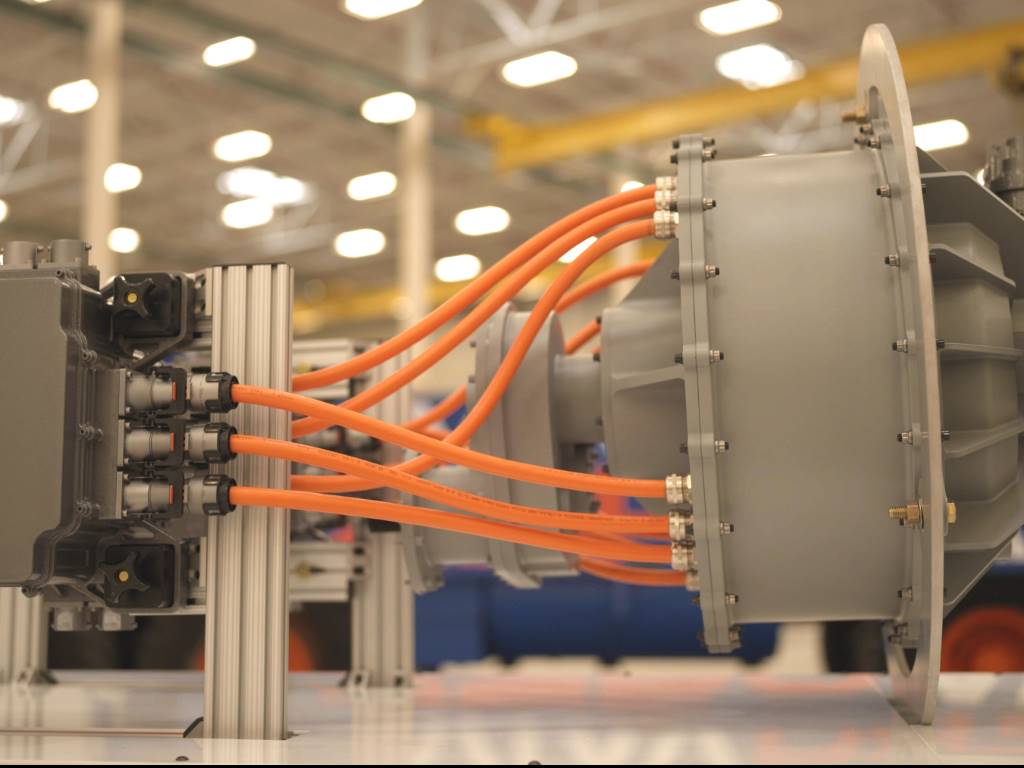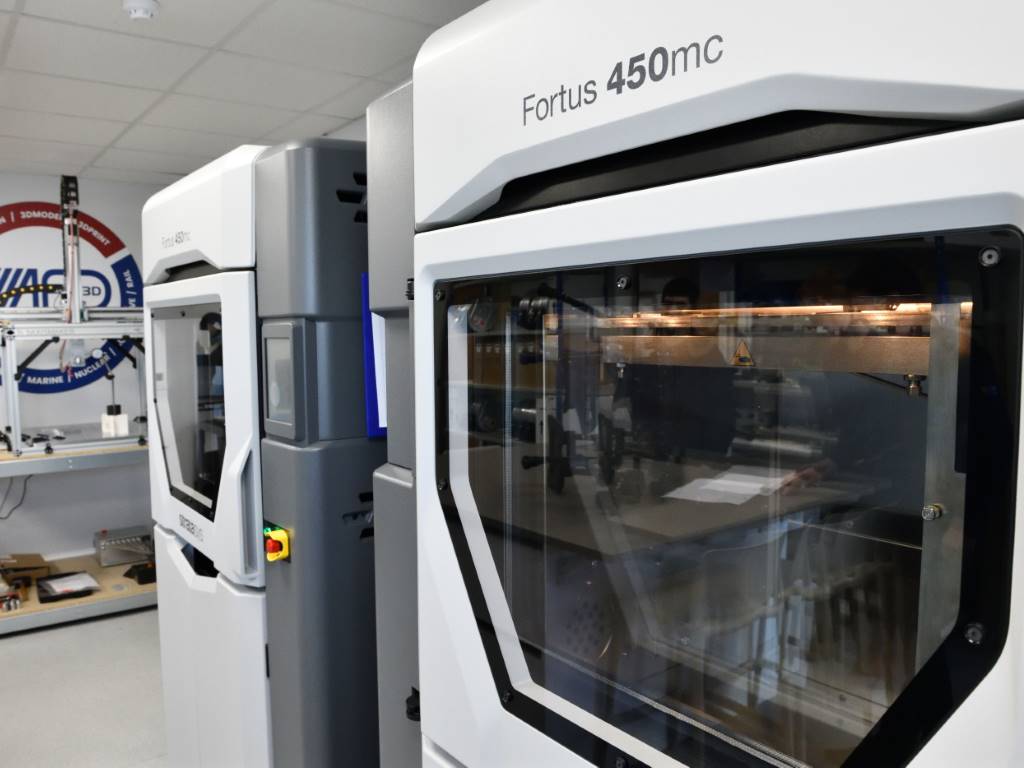Onwards and upwards

A Lancashire engineering company has secured funding to expand aerospace business and appoint new directors. Aerospace Manufacturing reports.
Colne-based precision engineering company, ELE Advanced Technologies is expanding its activities in the aerospace supply chain after confirming it will receive £1.2 million in funding over four years, starting from last November. The grant will cover additional staff training, which will be provided by the industry-led Sharing in Growth (SiG) programme.
Sharing in Growth UK was set up in 2012 to deliver £110m of intensive supplier development training over four years to 40 UK aerospace suppliers. The selection process is rigorous and only the most robust and ambitious suppliers achieve a position on the programme. It will now provide ELE with long-term coaching, mentoring and training across all areas of its business.
Formerly Earby Light Engineers, the company was renamed ELE in 2000 after a management buyout. It is a leading specialist in machining safety critical components for gas turbines, using processes such as VIPER grinding, creep-feed grinding, laser drilling, capillary drilling, electro-chemical machining, electric discharge machining and fast hole drilling.
Accredited to AS 9001 and TS16949 quality management standards and a member of the North West Aerospace Alliance, ELE has expanded significantly in recent years. It has spent £5m since 2009 on new production equipment to enhance its capability and capacity. At its main factory in Colne, which employs 110 people, ELE made its biggest single investment of £2m in a robotically loaded, 5-axis Makino VIPER grinding cell. It was commissioned in 2012 for large capacity, high efficiency machining of nickel alloy turbine blades and nozzle guide vanes.
A satellite manufacturing facility in Trenčín, Slovakia, was opened in 2007 to establish a low-cost manufacturing base for making turbochargers for the European automotive market, an activity that will double in size by 2016. The intention is to add aerospace manufacturing skills to the factory, where 80 people are currently employed.
Strength in depth
Another development at ELE is the appointment of two new members to the Board. David Dudley returned in July 2014 as technical director after a short absence and Barry Pratt was appointed sales director in November. Both have long experience in turbine and aerospace manufacturing spanning almost the whole of their working lives.
In addition, Peter Palij has taken up the position of commercial director, with the responsibility for the supervision of existing contracts with a view to establishing a world-class customer service.
ELE's managing director, Manesh Pandya, comments: “After successfully completing the SiG diagnostic phase, which started in April 2014, we are delighted to have received confirmation that ELE has become a beneficiary and will now receive significant investment.
“We are looking to increase turnover from £10m to £25m over the next four years. Bearing in mind that 90% of our material is free-issue, we are actually a larger operation than the current and projected turnover figures suggest. The SiG initiative, coupled with our new Board appointments, will help enormously in our efforts to expand the business.”
Patentable technologies
Solving problems in the manufacture of complex components from difficult-to-machine materials in short timescales is ELE's specialism. In so doing, and working alongside research scientists at the University of Manchester, the company has invented world-beating technologies that are in the process of being patented.
One involves a new method of shaped tube electro-chemical machining (STEM) for producing turbulated cooling holes in turbine blades. The holes, which can have a length-to-diameter ratio of up to 300:1 and a minimum diameter as small as 0.5mm, have a corkscrew profile that increases thermal transfer by around one-third compared with smooth holes. An aero or industrial engine can therefore run hotter and more efficiently, saving fuel - around 4%, according to some estimates.
The STEM drilling process for producing the multiple holes by acid electrolytic machining has been enhanced by ELE such that the new process has a failure rate of less than 1%, which is class-leading. STEM drilling can produce multiple holes of different diameters simultaneously and can machine any material, irrespective of hardness.
Another development that will be patented is an automated inspection process, which the company will disclose fully when the patents have been registered. A prototype machine has already been produced and is currently being tested.
“Our goal is to be agile and responsive whenever complex engineering challenges demand innovative solutions, so customers approach us first for their manufacturing needs; our strap line is ‘making things possible',” Pandya concludes. “Expanding our aero and industrial gas turbine component production will generate part of the planned growth. In addition, we are also actively investigating further opportunities in the oil and gas, medical and nuclear industries, as these sectors also make use of exotic alloys that are ideal for the manufacturing techniques we have developed.”
www.eleat.co.uk












